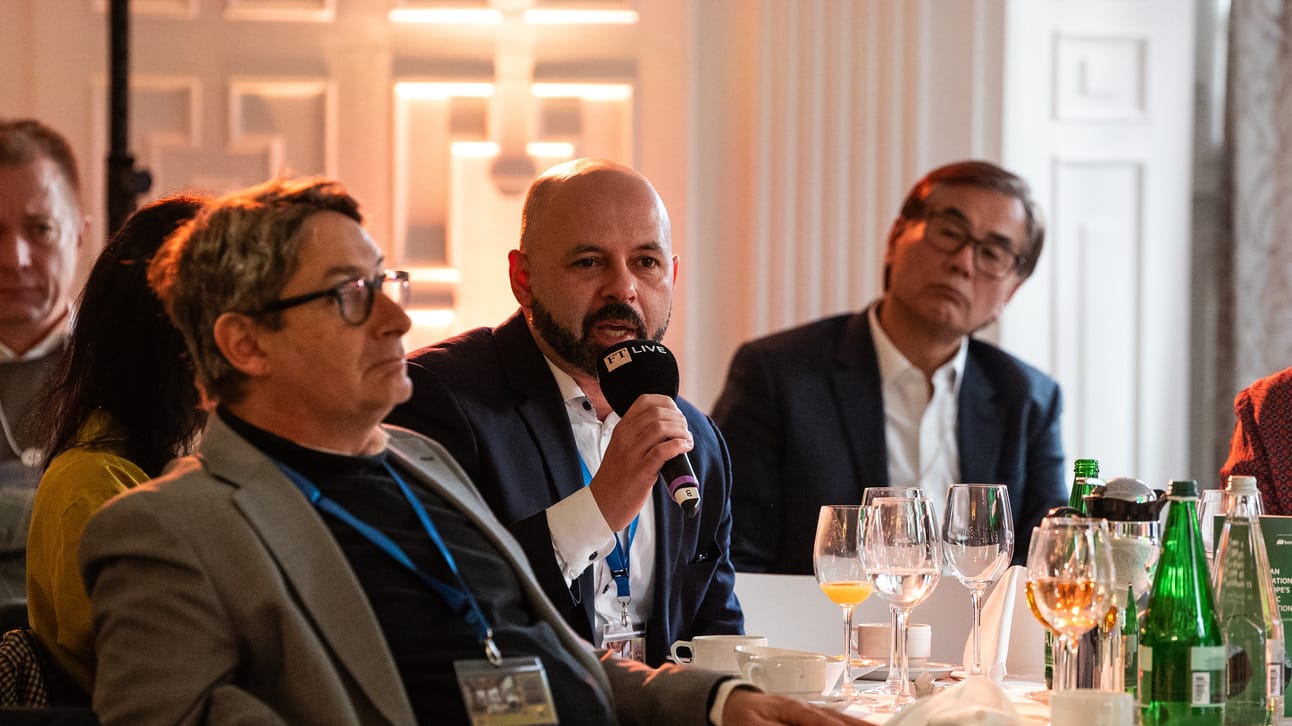Dear {{First_Name|Friend}},
Davos 2025 marked a significant return for me since my last visit in January 2020, just before the world turned upside down. Back then, I was deeply involved in organizing Ukraine House Davos, a platform that has since evolved into a powerful symbol of resilience and opportunity in the wake of the full-scale war. This year, Ukraine House stood out as a hub for discussions on investment, innovation, and the country’s strategic role in Europe’s future. The World Economic Forum (WEF) has evolved in those five years, becoming more corporate and structured, but it remains a critical platform for addressing global challenges. This year’s theme, “Collaboration for the Intelligent Age,” reflected the convergence of two dominant topics: AI and climate sustainability.

Davos vs. unDavos
For those unfamiliar, Davos is synonymous with the World Economic Forum (WEF), a gathering of global leaders from business, government, and civil society to address pressing global challenges. Parallel to this is unDavos, a grassroots initiative fostering more inclusive and action-oriented dialogues. While WEF focuses on structured discussions under themes like "Collaboration for the Intelligent Age," unDavos offers an alternative space for diverse voices to challenge traditional hierarchies.
Sponsored by:
Unlock the full potential of your workday with cutting-edge AI strategies and actionable insights, empowering you to achieve unparalleled excellence in the future of work. Download the free guide today!
Technological Breakthroughs on Display
This year’s Davos showcased cutting-edge technological advancements that promise to reshape industries and address pressing global issues. Among the most notable announcements:
AI-Powered Industrial Solutions—AI’s practical applications were front and center, with energy efficiency and resource optimization breakthroughs. For example, innovative cooling systems for data centers were unveiled, capable of reducing energy consumption by up to 80%, addressing the growing energy demands of AI-driven industries.
Quantum and Space Technologies—WISeSat.Space and SEALSQ demonstrated secure post-quantum blockchain transactions directly from satellites, setting a new benchmark for integrating quantum-resistant cryptography with space technology. This innovation has implications for secure communications in a rapidly digitizing world.
AI in Industry Transformation—The WEF launched the Frontier MINDS platform to scale high-impact AI solutions globally. These include applications in healthcare access, sustainable energy transitions, and supply chain resilience, underscoring AI’s potential to drive economic growth and social progress.
AI and Climate Action
Artificial intelligence emerged as a dual force—both a driver of industrial transformation and a tool for tackling climate challenges. Leaders emphasized AI’s role in enabling businesses to monitor emissions, optimize supply chains, and transition to decentralized energy grids. The focus on scaling these technologies highlighted their critical role in achieving decarbonization goals while maintaining economic competitiveness.

Europe’s Strategic Shift
Ironically, as this Davos marked the first time there was an American House on the promenade, a recurring theme was Europe’s realization that it must take greater responsibility for its climate and technological future. With geopolitical uncertainties straining transatlantic relations, European policymakers are increasingly focused on self-reliance. Discussions centered on industrial decarbonization strategies, investments in nuclear energy, and fostering innovation ecosystems to compete with the U.S. and China. This wake-up call reflects Europe’s need to balance sustainability with economic resilience.

Reflections
Davos 2025 provided a window into the transformative potential of technology in an era defined by disruption. From AI-driven breakthroughs to quantum innovations, it is clear that we are entering an age where collaboration across sectors will be essential to harness these advancements responsibly. While challenges remain—particularly around governance and equitable distribution—the momentum at Davos suggests that the tools for meaningful progress are within reach. For all of us navigating this Intelligent Age, the key will be to turn these ideas into actionable solutions that drive growth and global impact.
How do you think these global trends will impact your industry? Share your insights and questions—we’d love to hear your perspective! Hit reply and join the conversation.
Warm wishes,
Vitaly Golomb
Managing Partner
Mavka Capital


